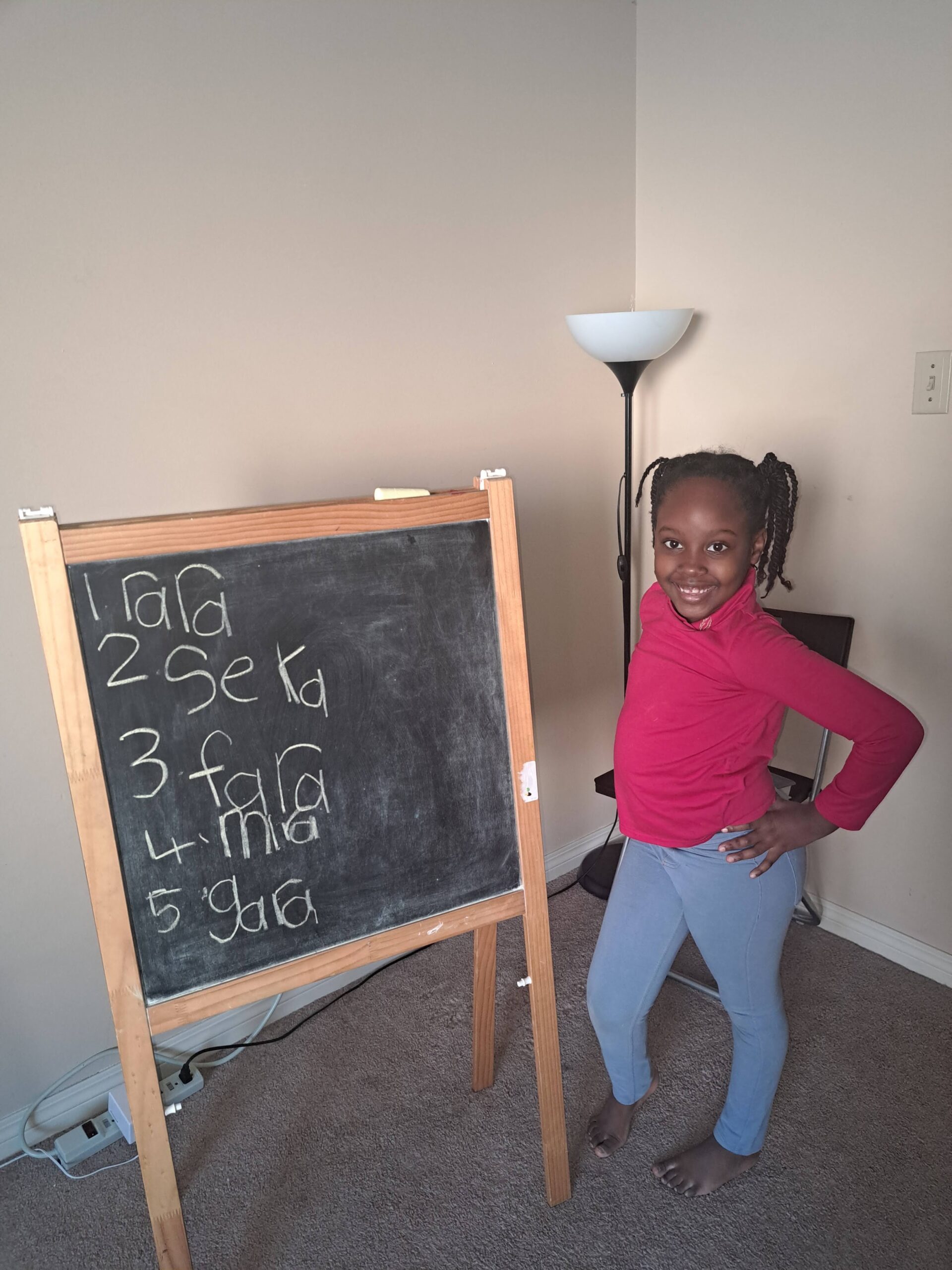One of the dilemmas immigrants face is the issue of language on children, and we are no exception. The question: ‘to teach our native language or not?’ has been discussed in our home. However, we have always been of the same mind, that it is important for the kids to at least be able to understand Shona, one of the languages spoken in Zimbabwe.
When our daughter was still very young we noticed how glued to the TV screen she would get. You would call her and she wouldn’t respond. She would literally be like a zombie! We then made the decision that the TV would go, and it did!
We communicated in Shona, but somehow she picked up English. This baffled us because the only time she would watch cartoons would be after we came back from work, if we did give her one of our laptops. Our experience in South Korea had taught us to appreciate our language, for Koreans everything is in Korean!
Our first son (4y) also spoke only Shona before we came to Canada in June 2022, now all he ever speaks is English! He understands everything but just stringing together a sentence is tough for him. Good for me, I can keep them in check in public with others being none the wiser about what just transpired😁! Our daughter (almost 7y) is proudly bilingual, she can still speak relatively well. Reading….well that’s a whole other story. Still, we soldier on!



Bilingual is the way to go, well done, I am inspired to start teaching my two Shona at home. Mufaro is doing really well with that reading. Please share some teaching materials 🙂
Thank you mkoma. Sometimes they do understand but the speaking may be tricky. Just like how we can ‘follow’ a conversation in a Bantu language but be unable to contribute in that same language well.
I love what you are doing and how you are doing it. It’s an awesome gift to be able to speak and understand our native languages.
Thanks Reich, it was easier for sisi to continue, don’t know how I will manage with their baby brother.
Very profound, it always baffles me how many parents would prioritise or even force their children to learn english whilst rejecting thier mother toungue. The Koreans the Mexicans in America all make sure their native language is #1 at least at home. Thanks Chie, i am definately taking notes.
It really boggles the mind why some people find their own languages inferior to English bro….but sometimes kids pick up English easier and faster than their own when in such environments.
I love this. We are teaching Loyiso isiNdebele and we always laugh cause when he comes home from Day care he starts “correcting” us. If l say “Loyi, khipha izicathulo”, he looks at me funny and says, “Shoes, mama, shoes”. Lol. Or “Loyi vala umnyango”, l get an English response, “Door, mama, door”. But yeah, he knows exactly what we are saying. Well done Mufaro.
Lool! Well done Vee on that. I have always been more confident with Mufaro because he started speaking Shona from back home. You have encouraged me to continue with my 18 mo. Loyi understands everything uyu!Keep on the good work guys.